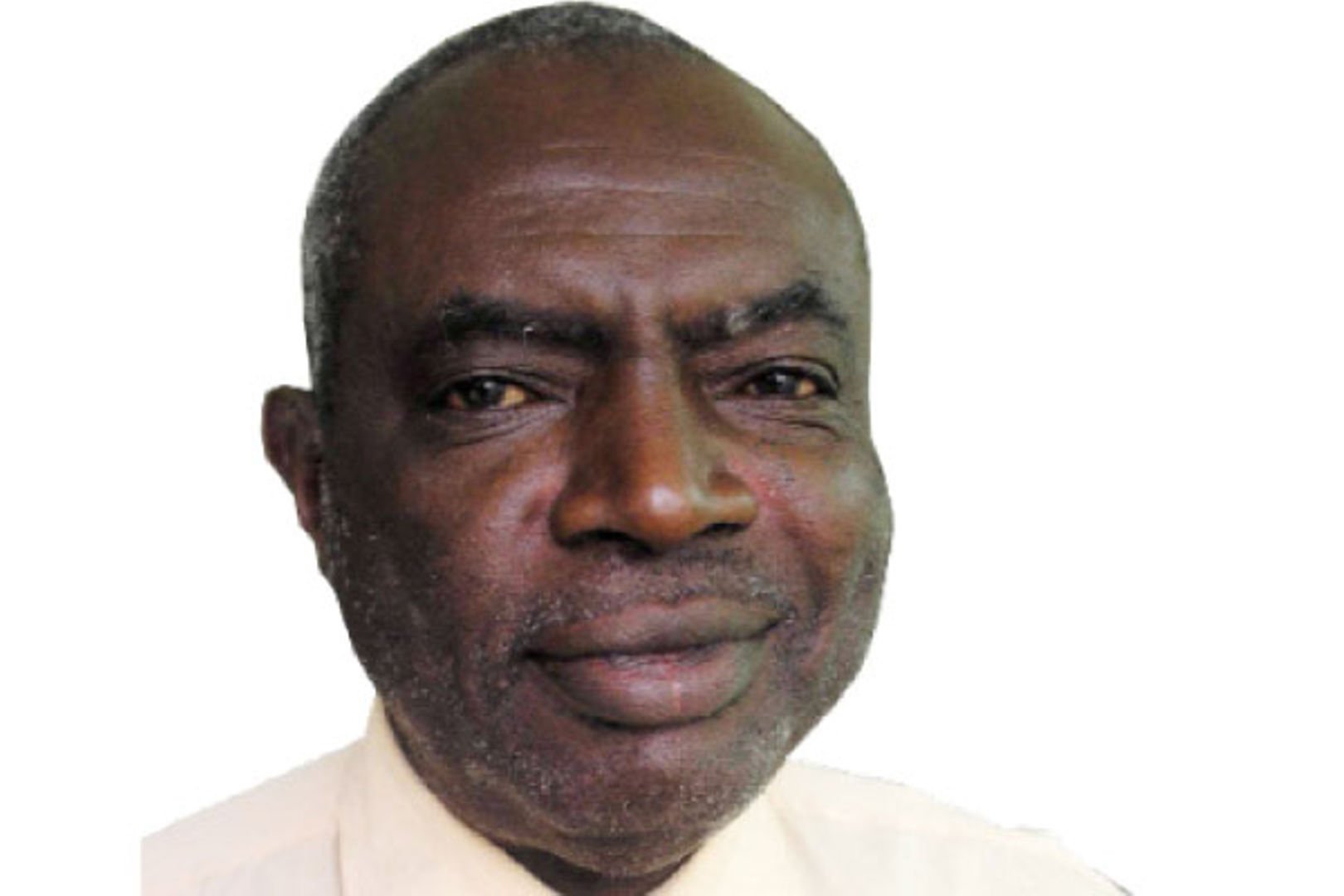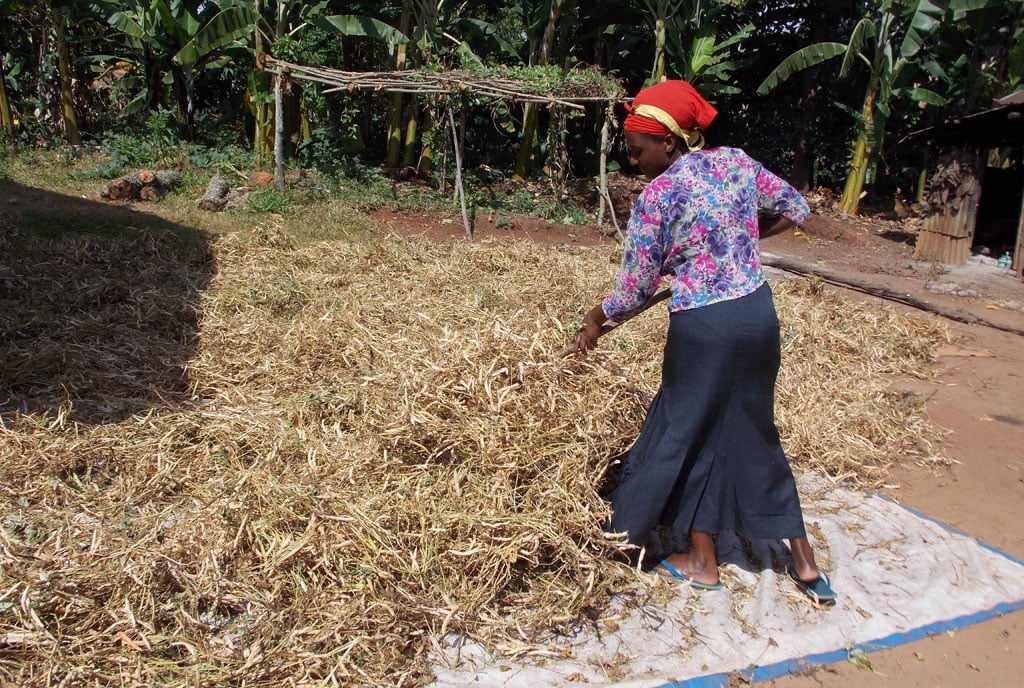Prime
Scientists speak out

Michael Ssali
Ugandan agriculture continues to face big challenges resulting in tremendous economic losses and reduced food production despite a fast growing population.
The challenges include pests, crop diseases, and drought among others. These are not problems that we can merely leave to politicians to solve because they require a technical approach.
When a disease such as Covid-19 or Ebola strikes we don’t expect politicians to come up with a vaccine or a drug to overcome it.
Rather we expect the cure from doctors and other health experts.
In many countries biotechnology has been identified as the best solution for some of the biggest agricultural challenges such as pests and diseases. In Uganda we have incurable crop diseases such as Banana Bacterial Wilt which causes annual loss of Shs600b, and Cassava Brown Streak Disease, which causes a loss of Shs50b, according to Uganda Biotechnology Information Centre (UBIC). Other crop diseases have hampered the production of maize, sweet potatoes, Irish potatoes, rice, coffee, and cotton.
It was as a result of such challenges that the government set up the Ayume Committee in February 2003 to determine Uganda’s position on GMO foods.
In the same year President Museveni commissioned the National Biotechnology Laboratory at Kawanda to carry out GM research, among other activities. However, by law, Uganda needed a regulatory law to carry out GM research, and the National Biotechnology and Biosafety Bill was formulated and tabled in Parliament.
On World Food Day in 2015 in Kabarole District, the President urged MPs to support the passage of the Bill to quicken the application of biotechnology in the fight against the pest challenges faced by farmers. Parliament passed the Bill in 2017. However the President did not sign the Bill and to this day Uganda does not have a regulatory law in place to govern the importation, production, and consumption of GMO products.
Increasingly we get social media reports that GMO food is dangerous to health and the environment.
This is, however, not confirmed by either the WHO or the FAO. A few weeks ago, a private members Bill prohibiting genetically modified organisms was tabled in parliament.
But what is the position of the scientists who were funded and tasked with the GMO and biotechnology research? Where is their input in this debate? Is Parliament on its own capable of deciding fairly on such a technical issue?
Mr Michael Ssali is a veteran journalist,
[email protected]




